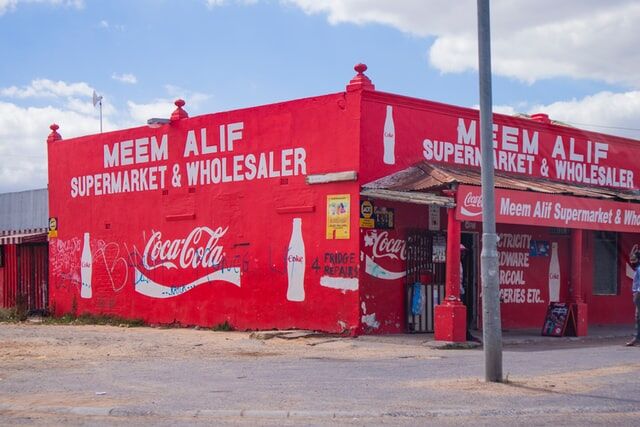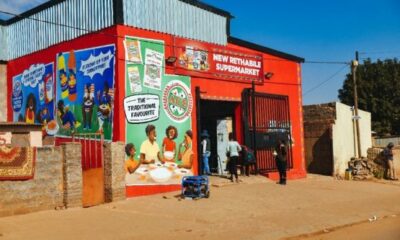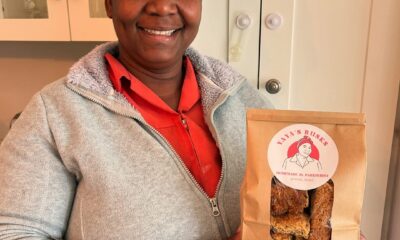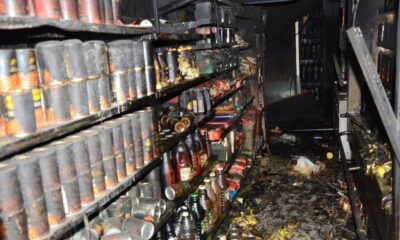News
Locals Left Behind: Count Me In Movement Slams Spaza Shop Rules as Unfair

Community group demands urgent reform to level the playing field for township entrepreneurs
In the heart of South Africa’s townships, spaza shops aren’t just convenience stores, they’re lifelines. These small, often family-run shops keep the local economy ticking, sell essentials on credit when customers are strapped for cash, and provide vital income in areas where formal jobs are scarce.
But according to the Count Me In Movement, the very people holding these communities together are being locked out of government help and they’ve had enough.
Last week, the movement issued a bold call to action, demanding a full overhaul of the current spaza shop regulatory framework. At the centre of their frustration is the R500 million Spaza Shop Support Fund (SSSF), a state initiative meant to boost township and rural spaza shop owners with financial support and growth resources.
“This Fund Wasn’t Built for Us”
While the government touts the SSSF as a win for small business, the Count Me In Movement paints a different picture, one where South African shop owners are routinely excluded due to complex, costly, and outdated compliance requirements.
“How can local business owners thrive when they’re drowning in red tape?” a spokesperson asked in Friday’s statement. “The system demands expensive licenses, online applications, and layers of paperwork, most of which township entrepreneurs can’t easily access or afford.”
For many, the problem isn’t just the paperwork. It’s a sense that the system is rigged against them. Social media has seen a flurry of support, with hashtags like #SupportLocalSpazas and #CountMeIn trending among South African small business circles.
“We just want the same opportunities. Why must we fight our own government for help?” one township trader from Katlehong tweeted.
The Foreign-Owned Shop Debate Heats Up
Adding fuel to the fire is the issue of unregistered spaza shops operated by undocumented foreign nationals. The movement claims these traders operate under the radar, free from inspection and legal requirements, while South Africans are burdened with the full weight of the law.
This has reignited a long-standing debate in South Africa’s informal sector: Should foreign-owned spaza shops be subject to the same rules and oversight? Count Me In says yes and insists the government is turning a blind eye.
“It’s not about xenophobia,” the group clarified. “It’s about fairness and legal accountability. Right now, it’s the South African trader who’s losing every time.”
A Plea to the Minister
The movement has now turned its sights to Small Business Development Minister Stella Ndabeni-Abrahams, urging her to rethink the system and create a simplified, inclusive, and digitally accessible regulatory model that actually works for township entrepreneurs.
They argue that the current framework, built on digital platforms, expensive certifications, and bureaucratic dead ends, is not designed with the realities of township life in mind. Many traders lack the internet access, admin support, or banking relationships to qualify.
More Than Just Shops
Behind the stats and policy, this is really a story about survival. Spaza shops are more than economic units,, they’re cultural fixtures, often passed down through generations. Reforming their regulation isn’t just about compliance, it’s about rebuilding township economies from the inside out.
The government says it wants to uplift township businesses. The Count Me In Movement and thousands of local shopkeepers are asking it to prove it.
{Source: IOL}
Follow Joburg ETC on Facebook, Twitter , TikTok and Instagram
For more News in Johannesburg, visit joburgetc.com



























